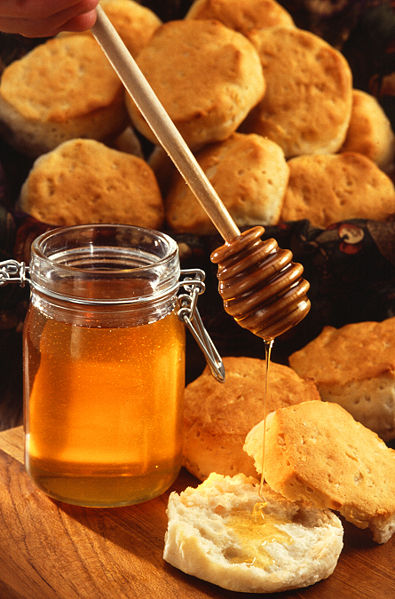If you manage to hybridize a rubber band with a puddle of honey, you will get any idea about the nature of a "viscoelastic" (or viscous) material.

Processing of Science News and also Wikipedia
If you manage to hybridize a rubber band with a puddle of honey, you will get any idea about the essence of a "viscoelastic" (or viscous) material. Like a rubber band, the material is elastic: stretch it and it will return to its original shape. But like honey, it is viscous*, which means it is also thin and liquid. What you end up with is a material that, when stretched or pressed, returns to its original shape - but very slowly. Think foam earplugs. Sounds good, but there is one limitation: one of the most common viscous materials only works in the limited temperature range of minus 55 degrees Celsius to 300 degrees Celsius. When it's too hot - it melts. When it is too cold, it becomes brittle and crunchy.
Now researchers in Japan report that they have succeeded in creating a random network of interconnected carbon nanotubes that remain elastic in the temperature range between minus 19 degrees Celsius and 1000 degrees Celsius. The surprising stability, they say, is partly due to the ability of the tiny carbon tubes to handle stress and strain by flattening the tubes and then recovering back to their original shape.
The wide temperature range can make them ideal materials for use in extreme environments, such as rubber-like tires on space vehicles.
* Viscosity is the material's resistance to displacement (change in shape) under shear stress. (Shearing stress is the action of two forces on a solid body, when their direction is parallel or tangential to the surface of the material along one line. This is in contrast to tensile stress which consists of forces acting perpendicular to the surface). Viscosity describes the fluid's internal resistance to flow. For example, methanol is "thin", meaning it has a low viscosity, and oil or honey are "thick" (or viscous) because they have a high resistance to change in shape.

One response
How will this affect the mattress industry?